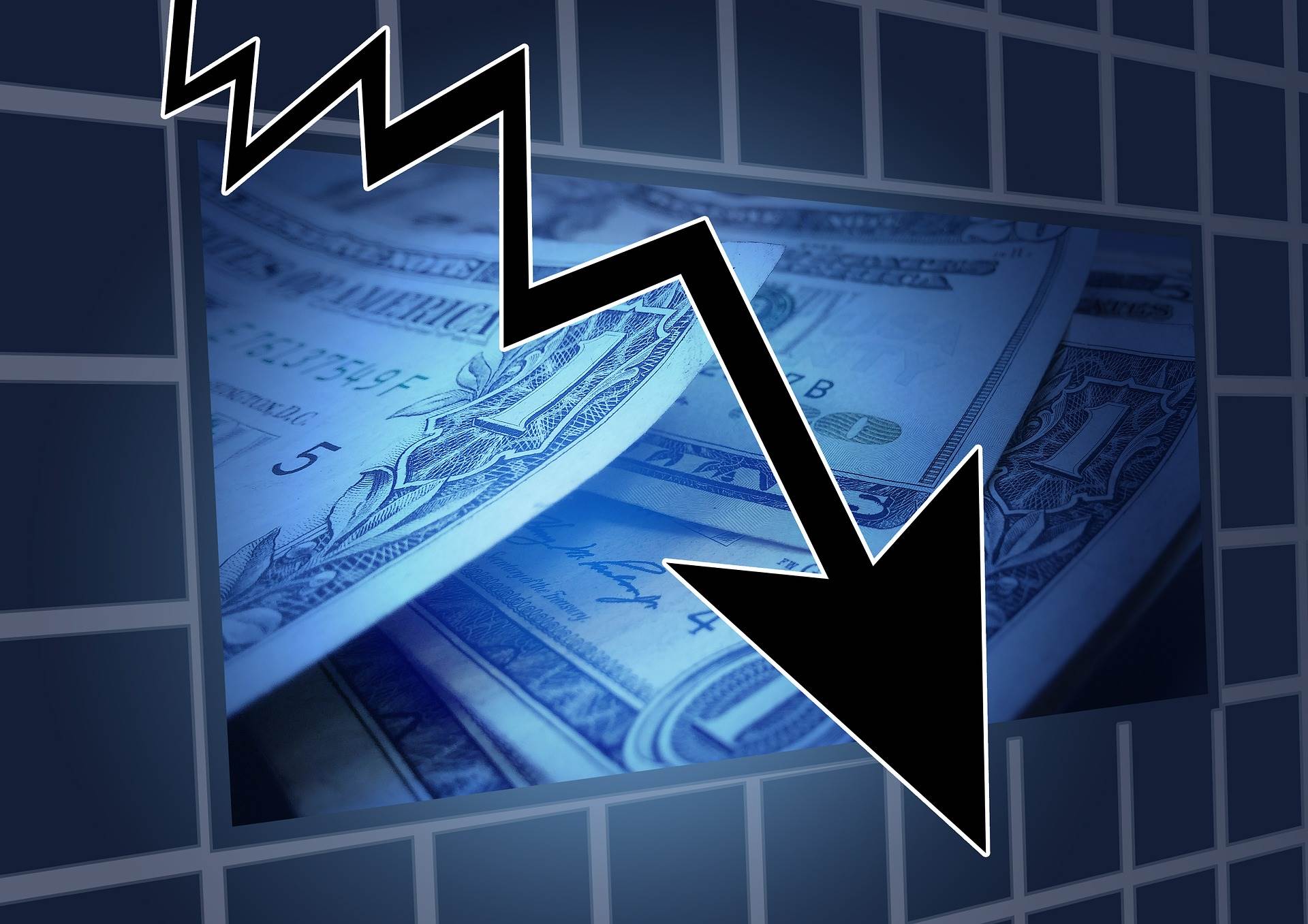 The Business Cycle Dating Committee of the National Bureau of Economic Research recently claimed that the United States economy is currently amid an economic recession, given the unprecedented decline in production and unemployment.
The Business Cycle Dating Committee of the National Bureau of Economic Research recently claimed that the United States economy is currently amid an economic recession, given the unprecedented decline in production and unemployment.
“Concluded that the unprecedented magnitude of the decline in employment and production, and its broad reach across the entire economy, warrants the designation of this episode as a recession, even if it turns out to be briefer than earlier contractions,” claimed the private research group on an inform.
The research group evaluated the depth of the contraction, its duration, and its scope, and found out that the response to the pandemic resulted in a downturn with characteristics that differ greatly from the ones of previous recessions.
The US economy contracted 4.8 percent in the first quarter (year-to-year), while analysts expect a fall of 20 percent (or more) in the second quarter. The unemployment rate currently stands at 13.3 percent, after being at 14.7 percent in April.
The US stock markets continued rallying yesterday. The S&P 500 gained 1.20 percent, while the Nasdaq 100 advanced 0.79 percent on yesterday's session. The dollar, on the other hand, fell 0.10 percent, continuing with the bearish trend that has affected safe-haven assets in the last weeks.
The United States continues being the more affected country by the Covid-19 pandemic as, at the moment, there are about 2,026,597 infected individuals in the United States and a death toll of 113,061. According to data from Johns Hopkins University, 22 states are now experiencing an upward trend in COVID-19 cases, 20 are dealing with a downward trend, while the number of infections remains stable in 8 states. Another research team praised the decision to shut down schools and businesses, in terms of containing the advance of the epidemic.
By 7:53 GMT the US dollar advanced against the Euro and the Loonie, adding 0.29 and 0.48 percent respectively. On the other hand, it dropped against the Swiss Franc and the Japanese Yen, falling 0.23 percent and 0.48 percent respectively.
Oil Prices Drop on Fears of Oversupply
Oil prices dropped dramatically yesterday, as the markets were dominated by fears for oil oversupply. Brent oil futures fell by 5.84 percent, while the West Texas Intermediate crude oil mix lost 5.45 percent on yesterday's session.
On Saturday, the OPEC+ coalition agreed to extend the supply cuts until the end of July, and the Gulf producers pledged to cut their own production by an extra of 1.180 million barrels per day. Nevertheless, Reuters reported that Saudi Arabia, Kuwait, and the United Arab Emirates are not planning to extend their voluntary supply cuts beyond June.
Qatar’s Minister of sSate for Energy Affairs associated the current situation of the oil markets with the decision of Saudi Arabia and Russia to wage a price war last March.
“I think it was a very big mistake,” he told CNBC, making a reference to the price war, “You know, flooding the market is what caused us to go to a very low level. And then the pandemic basically took it almost to a very dangerous area where people could not afford to produce anymore", he added, mentioning the negative pricing on the WTI crude oil futures.
By 7:54 GMT the WTI Crude Oil futures dropped 0.92 percent, falling to the 37.84 level. Conversely, Brent Oil futures fell 0,66 percent, falling to the 40.53 level.
